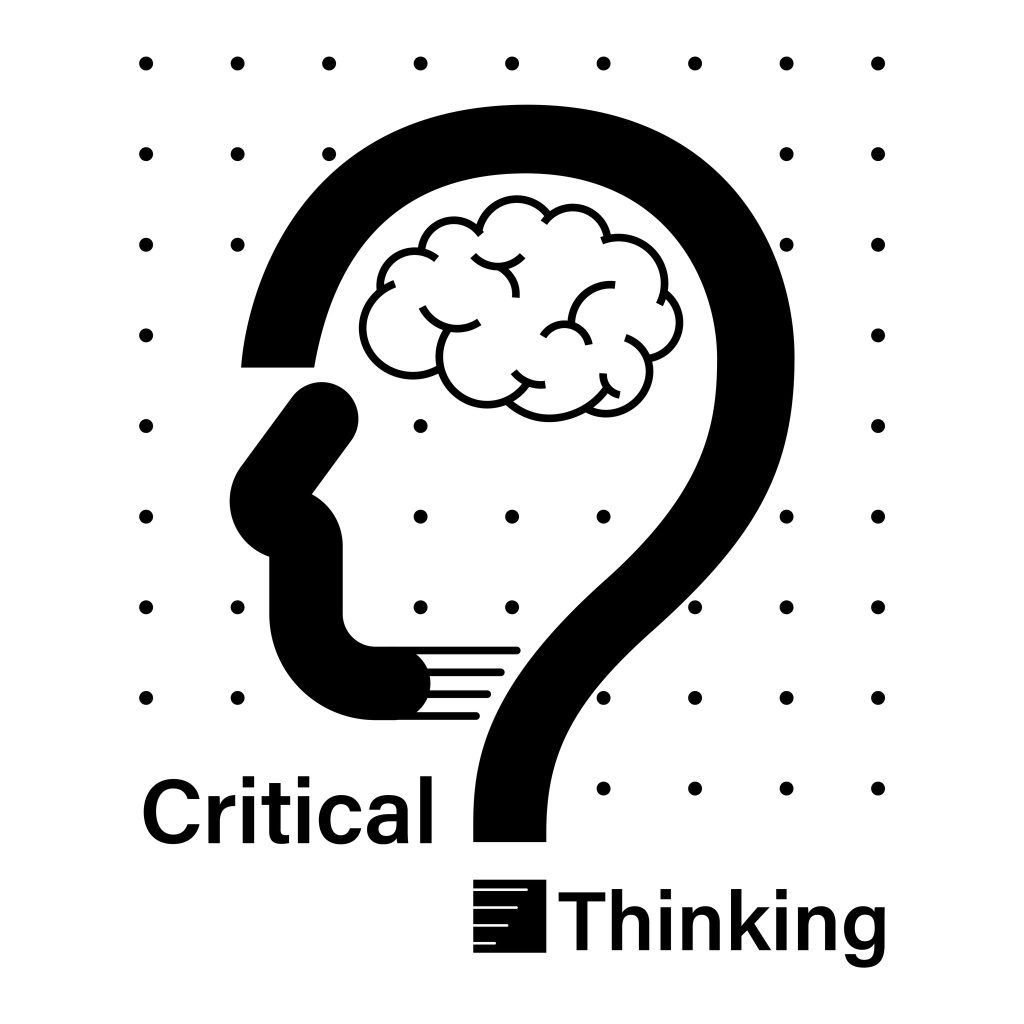
We generally expect adults to possess a certain baseline of common knowledge and social graces. Yet, sometimes we encounter situations that make us pause. Certain basic concepts or simple courtesies seem to require repeated explanation, even among grown-ups. It can be baffling, amusing, or sometimes frustrating. While everyone has knowledge gaps, some recurring themes pop up surprisingly often. Let’s look at seven fairly basic things people frequently find themselves explaining to other adults, things we might assume everyone should already know. This isn’t about judgment, but shared observation.
1. Basic Geography and Science Facts
You might be surprised how often fundamental geography needs clarification. Simple facts like differentiating continents from countries can be fuzzy. Understanding basic time zone concepts sometimes requires explanation. Similarly, certain widely accepted scientific principles can be points of confusion. Explaining why seasons change or the basics of vaccination might arise unexpectedly. While specialized knowledge isn’t expected, a grasp of elementary school level geography and science often seems lacking, leading to awkward corrections or clarifications in adult conversations.
2. How Basic Technology Actually Works
Technology surrounds us, yet understanding its basic functions isn’t universal. Simple tasks like attaching a file correctly to an email can still baffle some adults. Understanding the difference between “reply” and “reply all” sometimes needs explicit instruction. Concepts like Wi-Fi versus cellular data, or basic online security practices (like not clicking suspicious links), require frequent reminders. While tech evolves fast, mastery of decade-old basic functions remains inconsistent, leading to tech support requests for simple operations from friends or colleagues.
3. Simple Personal Finance Concepts
Managing money is crucial, but basic financial literacy varies widely among adults. Concepts like compound interest – how it works for both savings and debt – often need explaining. The importance of creating and sticking to a budget isn’t always intuitive. Understanding credit scores and how they impact loan rates sometimes requires clarification. While complex investing is one thing, grasping fundamental financial principles that affect daily life seems surprisingly inconsistent, leading to preventable money troubles for some.
4. Recycling Rules and Environmental Basics
Most communities have recycling programs, but understanding *what* can actually be recycled remains a common point of confusion. People might incorrectly toss non-recyclable items (like plastic bags or greasy pizza boxes) into the bin, contaminating the batch. Basic environmental concepts, like the impact of single-use plastics or the importance of conserving water, sometimes need reinforcement. Despite widespread awareness campaigns, the practical application of simple environmental stewardship practices still requires ongoing education, even for adults concerned about the planet.
5. Basic Social Etiquette Norms
Common courtesies that smooth social interactions occasionally seem forgotten. The simple act of RSVPing to an invitation, whether accepting or declining, often needs reminding. Basic table manners or the importance of not interrupting constantly during conversations sometimes lapse. Remembering to say “please” and “thank you” consistently can fall by the wayside. While formal etiquette rules evolve, core principles of showing respect and consideration for others in social settings occasionally require gentle, sometimes awkward, reiteration among peers.
6. Critical Thinking and Source Evaluation

In an age of information overload, the ability to evaluate sources critically is vital. Yet, many adults readily share misinformation or fall for obvious scams online. Explaining how to spot fake news, check sources, or recognize biased reporting becomes necessary. Basic critical thinking skills – questioning assumptions, looking for evidence, considering alternative viewpoints – aren’t always applied consistently. The need to explain *how* to think critically, not just *what* to think, persists surprisingly often in adult discussions.
7. Respecting Personal Space and Boundaries
Understanding and respecting personal space and boundaries seems fundamental, yet violations occur. This might involve standing too close while talking, touching someone without permission, or oversharing highly personal information inappropriately. It also includes respecting conversational boundaries, like not prying into private matters or offering unsolicited advice constantly. Sometimes, adults need reminders about reading social cues and respecting the physical and emotional space others require to feel comfortable and safe during interactions.
Room for Growth at Any Age
Encountering adults who need explanations for seemingly basic concepts can be surprising. It highlights variations in education, experience, and simple awareness. While sometimes amusing, these situations also remind us that learning is lifelong. Having patience and explaining kindly (when appropriate) is better than judgment. It also serves as a personal reminder to check our own knowledge gaps. We all have areas where we could learn more, no matter our age. Common knowledge isn’t always common practice.
What basic things have you found yourself needing to explain to other adults surprisingly often? Do you think common knowledge is declining, or are expectations just different now? Share your thoughts!
Read More:
10 Engaging Money Management Activities for Adults That Are Actually Fun!
6 Places Men Over 55 Are Actually Finding Love

Latrice is a dedicated professional with a rich background in social work, complemented by an Associate Degree in the field. Her journey has been uniquely shaped by the rewarding experience of being a stay-at-home mom to her two children, aged 13 and 5. This role has not only been a testament to her commitment to family but has also provided her with invaluable life lessons and insights.
As a mother, Latrice has embraced the opportunity to educate her children on essential life skills, with a special focus on financial literacy, the nuances of life, and the importance of inner peace.
